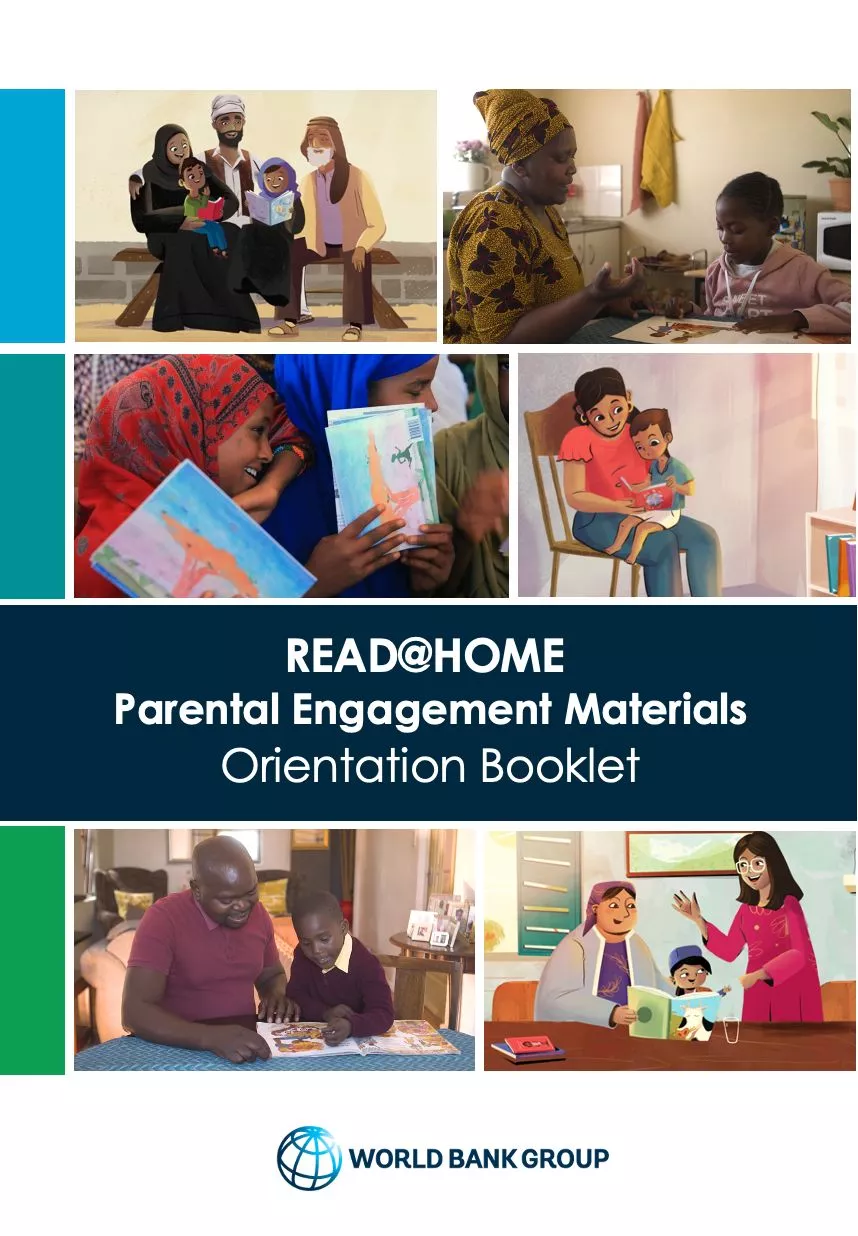This report addresses key issues based on recent research on language and literacy in the African context, including teacher education, and outlines key findings and recommendations for research and practice based on the review of the literature.
Search the site
Section 29(2) of the Constitution provides that every learner has the right to receive a basic education in the language of his or her choice, where this is reasonably practicable. This right is an important recognition of equality and diversity, and the need to depart from a history in which education – and language in education, in particular – was used as a vehicle to implement and strengthen apartheid.
The library is an institution that meets people’s information needs. This has been its role historically: providing a place for people to visit, ask questions, and access and use information resources. In doing so, libraries have long enabled people of all ages to learn and improve their lives. Public libraries have the particular role of meeting community-specific requirements.
A Creative Commons guide on how to share resources and creativity, but also maintain a sustainable organization.
This is a PowerPoint presentation on Mango Tree’s methodologies for teaching literacy to young children in Northern Uganda.
In 2015, NBA received a grant from the William and Flora Hewlett Foundation to explore the potential for open licensing in enhancing the availability of mother-tongue early-literacy reading resources in the developing world.
Paper presented at the 2017 Africa regional conference of the International Board on Books for Young People (IBBY) in August 2017 in Kampala, Uganda.


This booklet provides an overview of all the resources in the Parent Engagement Package and guidance on how these materials could be used, adapted, and combined in different contexts.
This Guidance Note is designed to support government and World Bank teams in preparing accurate and complete bidding documents for books, evaluating proposals, and awarding contracts.
Access to books (textbooks, teacher’s guides, and materials for reading practice) is key to addressing learning poverty. Children need to be exposed to sufficient and appropriate text, and they need to be afforded the time and opportunity to practice reading in school and at home. Appropriate design of reading books will facilitate learning, support instruction, and promote independent learning.
Education projects funded by The World Bank procure textbooks and other teaching and learning materials through national and international tenders (bids). Documents for the tenders describe the purposes of the procurement, the qualification requirements for potential bidders, and the technical specifications of the education materials to be procured.
The World Bank’s Read@Home initiative is an unprecedented effort to get reading, learning, and play materials into homes to address the learning loss caused by the COVID-19 pandemic and widespread, pre-existing "learning poverty". Connected to the distribution and use of these materials is the question of copyright.
This Guidance Note was created for the Read@Home project to help writers, illustrators, and designers create books for young children to share with their families at home. Of course, such books may be used in schools as well. In either case, these will be enjoyable books that children will want to read, so they will learn to love reading and develop the life-long habit of reading.
Low-cost, high-quality printing of teaching and learning materials (TLM) requires well-designed and highly competitive procurement. Since 2010, Mozambique has implemented a range of measures to reduce costs over time, making its printing procurement possibly the most competitive in Africa. As a result, printed pages purchased by Mozambique cost less than half of those purchased across the channel in Madagascar.
This report is a brief introduction to the Republic of the Marshall Islands Book Supply Chain, focusing for practical reasons on the National capital, Majuro. The initiative began through the lens of human rights and particularly a child’s right to literacy in a language they understand. It was sparked by the lack of children’s books in the Marshall Islands.
As schools in Uganda closed down in late March 2020 due to Covid-19, Mango Tree Literacy Lab (MTLL) had to reconsider its 2020 work plan.




